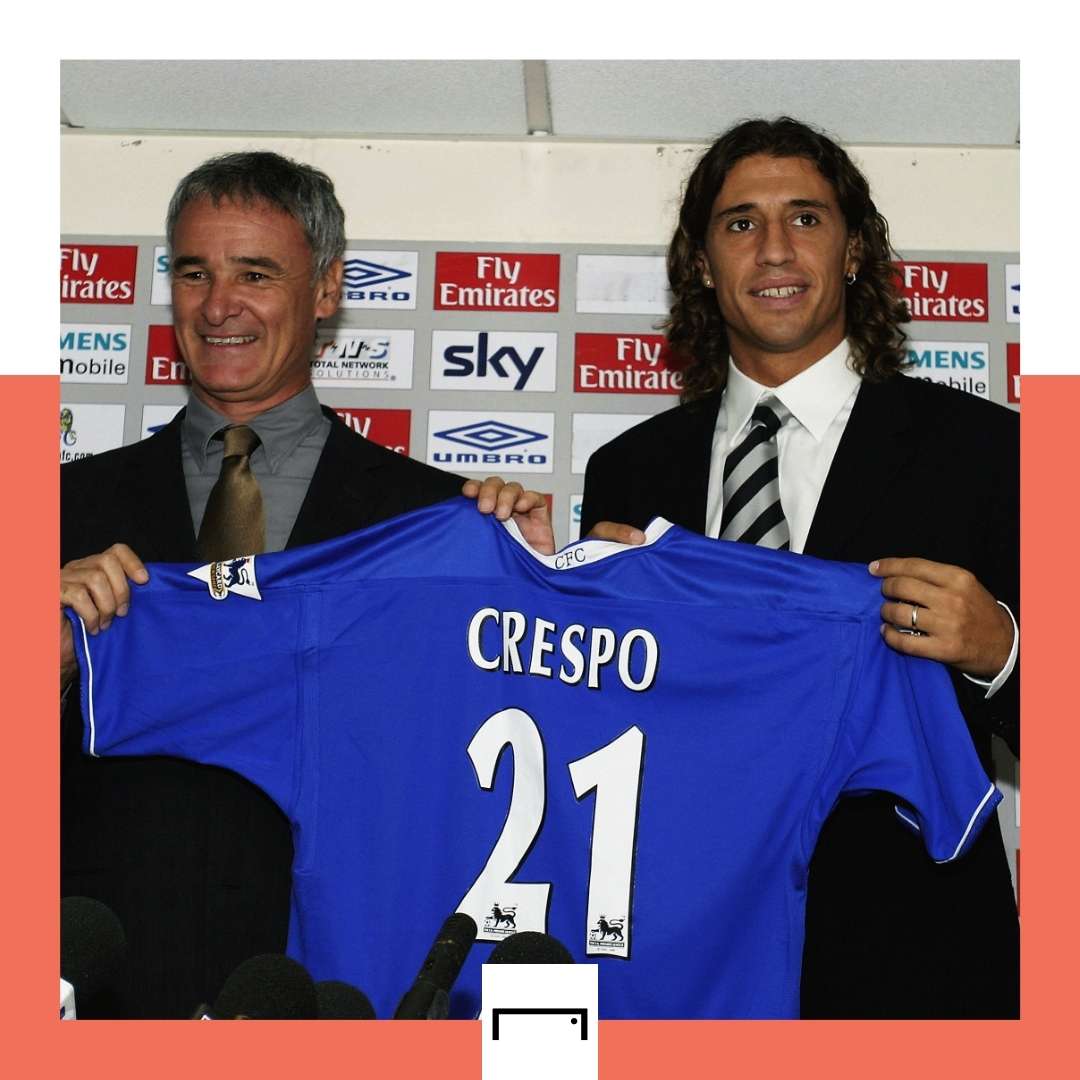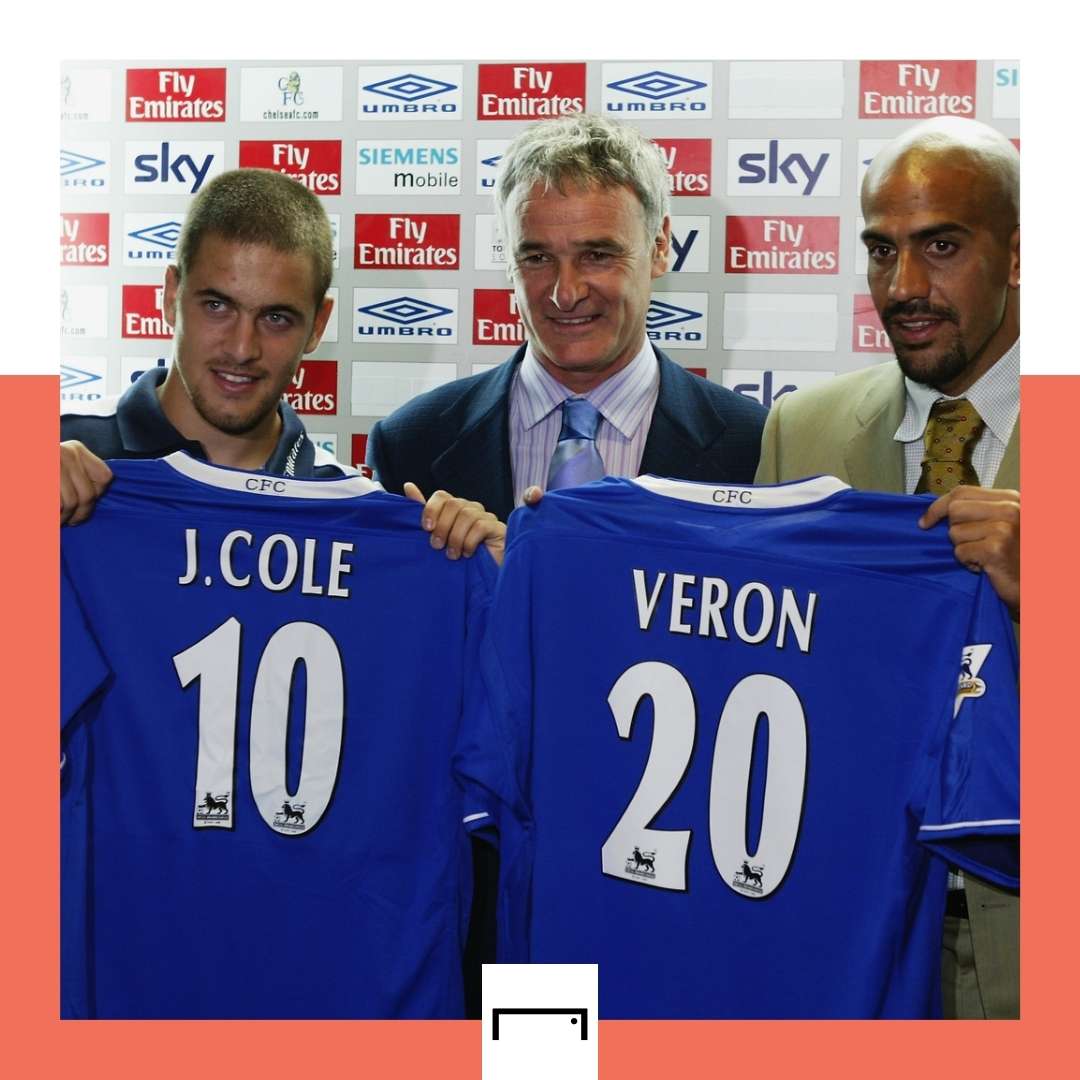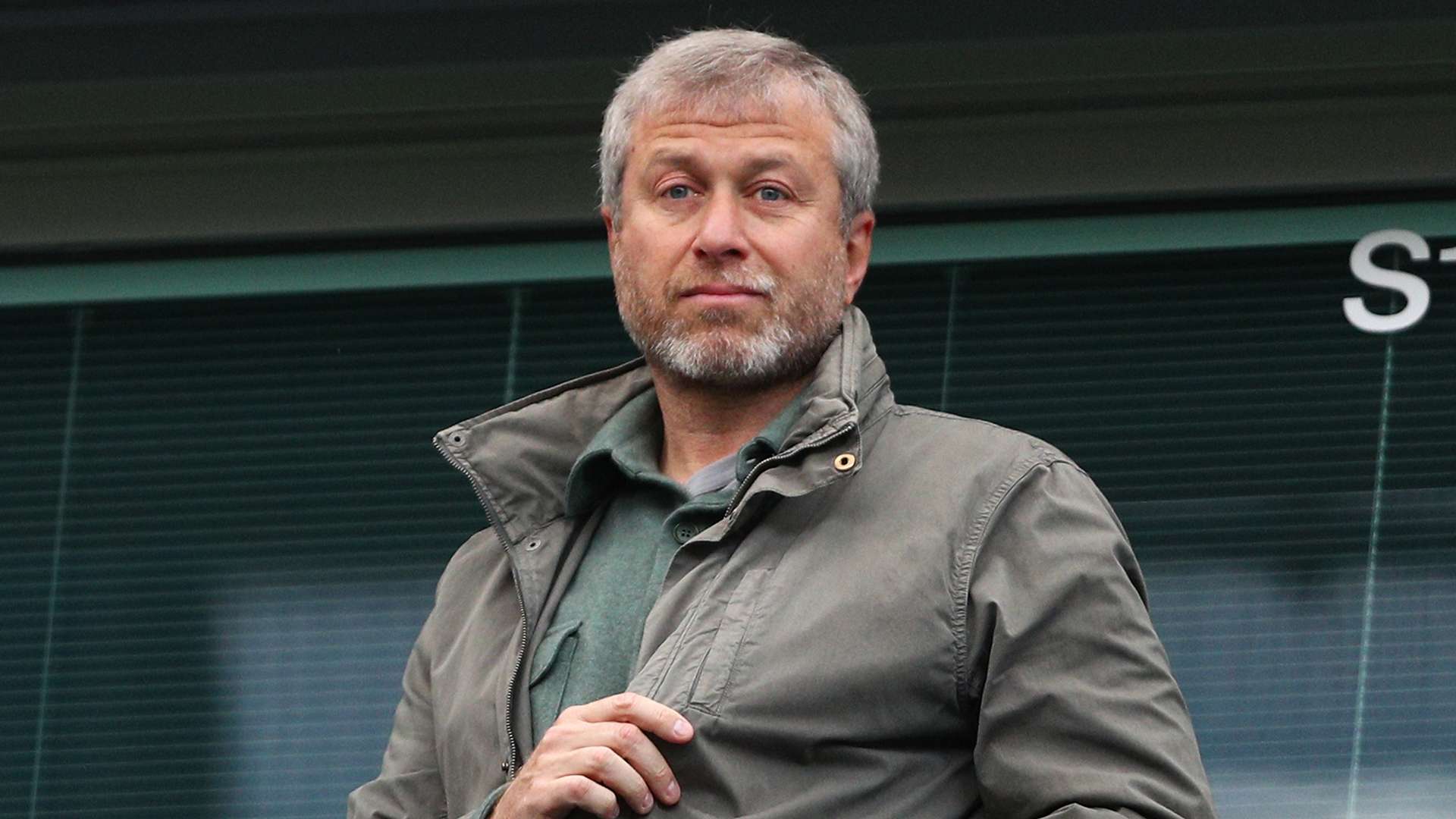Roman Abramovich cemented legendary status at Chelsea after completing a clean sweep of trophies at the Club World Cup final in Abu Dhabi.
After walking onto the pitch at Mohammed Bin Zayed Stadium, he hugged manager Thomas Tuchel and chatted with Cesar Azpilicueta before lifting the trophy high above his head.
It was his 21st major honour in 19 years, during which time he secured Chelsea a seat at European football's top table, while also transforming the Blues into a global sports brand.
However, the accusations of close ties to the Kremlin never went away. He was always dogged by claims that he had used 'dirty money' to both buy and fund Chelsea.
He never managed to outrun his past and eventually it got caught up with him, with Vladimir Putin's invasion of Russia prompting Abramovich to sell the club, meaning his reign began and ended amid controversy.
Next Match
When the news first broke on March 2, there was an emotional reaction from Chelsea's fanbase, who wanted to praise the main financier of two decades of sparkling success.
However, most of the info used by journalists to write about Abramovich during his time in west London came via off-the-record briefings or even hearsay in some cases.
Indeed, the Russian gave only one interview as Chelsea owner, and even that was with business publication Forbes.
"In hindsight, especially given the public profile it would bring me, maybe I would have thought differently about owning a club," Abramovich said.
"But, at the time, I just saw this incredible game that I wanted to be a part of that in one way or another."
In reality, little is known about his motivation for owning the club.
His £140 million ($187m) takeover, which also involved paying off an additional £75m ($100m) in debt, saw him immediately go from a relatively unknown figure in the West – outside of the steel industry – to a world-famous oligarch.
In those early days, Abramovich was viewed by players at the club as an unassuming character who acted just like a supporter.
"You would see Roman around at all the games and he gave a lot to Chelsea," former back-up goalkeeper Jurgen Macho told GOAL.
Midfielder Geremi added: "You would meet him in the dressing room after matches or at the training ground.
"He wasn’t really speaking much because I wasn’t sure how much English he could speak.
"He was a quiet and nice guy. He would talk to us through an interpreter. He seems like just a normal guy."
Of course, he was anything but. Abramovich changed football forever, paving the way for an internationally-minded group of billionaires to create a new world order within the game.
After all, if Abramovich's Chelsea were the first club to upset the old hierarchy. He arrived long before the Abu Dhabi-backed takeover of Manchester City or the Qatari-funded acquisition of Paris Saint-Germain.
But all of those owners have since been accused of sportswashing and buying titles, the same accusations that were levelled at Abramovich when he turned the Premier League on its head.
 Getty/GOAL
Getty/GOALThe way in which he went about snapping up top players during the summer of 2003 also arguably changed the entire nature of the transfer market, and how it was both covered by journalists, followed by players, exploited by agents and consumed by supporters.
"I was in my summer house then all of a sudden my dad asked me if I had seen the news: 'A Russian guy has brought the club,'" former Chelsea winger Jesper Gronkjaer – who scored the goal that played a key role in Abramovich's takeover – told GOAL.
"As a player at the time, I had never experienced a change of owner before, so I didn’t expect anything big to happen.
"We soon found out this was for real and a lot of money would be put into the club. It was still the same place we had always trained in, so it didn’t feel too different.
"But then we had to deal with the rumours around the manager because there were so many names brought into the picture who should take over.
"It also was about new players coming in for every position. I don’t think you would find a Chelsea player in that pre-season who wasn’t worried about their position at the club.
"We were in a training camp in Italy, in a small town in the mountains. There was a cafe in the town where players could go. But it was full of agents and media.
"You saw players sitting in corners talking to their agents asking what they should do because no one knew what would happen.
"Then, we went to Malaysia on tour, and I just remember players walking in and out, being bought and sold."
 Getty/GOAL
Getty/GOALAbramovich's money didn't just attract world-class talent to Stamford Bridge; the £1.5bn ($2bn) he invested also saw fans from all over the world flock to the stadium.
Chelsea FC became a truly global brand, with a state-of-the-art training ground, a wonderful academy and strong club culture.
They perhaps still lack a ground worthy of such a sporting institution but that didn't stop a host of interested parties lining up to acquire the club from Abramovich, with a consortium fronted by Todd Boehly now set to complete their takeover in the coming days.
What happens next remains to be seen, although GOAL has already shed some light on how the new owners plan to run the club.
What's clear, though, is that no matter what one thinks of Abramovich, his tenure will be remembered for generations to come.
He changed both Chelsea and football forever.


